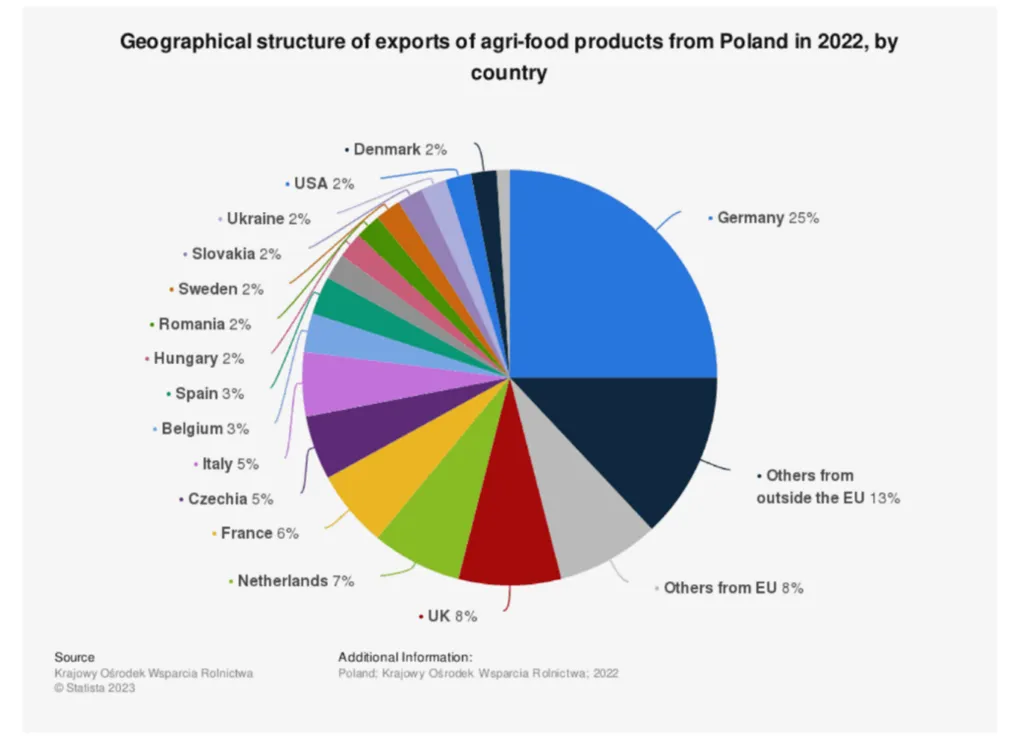In an era marked by rapid technological advancement and shifting economic paradigms, the agricultural sector is at a crossroads, facing unprecedented challenges and opportunities. A recent study published in the journal *Икономика и управление на селското стопанство* (Economics and Management of Agriculture) sheds light on the evolving landscape of European agriculture, highlighting the need for adaptation in the face of new megatrends. Lead author Andrzej Kowalski, a researcher at the Institute of Agricultural and Food Economics – National Research Institute in Warsaw, Poland, argues that the world is transitioning from an industrial civilization to a knowledge-based one, a shift that is reshaping the agricultural sector in profound ways.
The study underscores the growing diversification of global activities, driven by cultural systems, national strategies, and the varying economic and technical powers of different entities. “The world is much diversified in all spheres of human activities, but factors holding it together are equally strong,” Kowalski notes. This duality presents both challenges and opportunities for agriculture, as the sector must navigate a complex web of interests and strategies.
One of the most pressing issues highlighted in the research is the depletion of natural resources. As the global population continues to grow, the demand for food and agricultural products is increasing, putting immense pressure on finite resources. Kowalski emphasizes the need for sustainable practices that can ensure long-term viability. “Agriculture and the whole food sector have to face challenges towards new megatrends related to new factors of economic growth and depletion of natural resources,” he states.
The study also delves into the economic implications of these megatrends. The shift towards a knowledge-based economy is altering the structure of manufacturing resources and the rules of the economic game. This transition is not without its challenges, as it requires a fundamental rethinking of traditional agricultural practices and economic policies. Kowalski’s research suggests that the agricultural sector must adapt to these changes to remain competitive and sustainable.
The commercial impacts of these trends are significant, particularly for the energy sector. As agriculture becomes more knowledge-intensive, the demand for energy-efficient technologies and sustainable practices is likely to increase. This presents an opportunity for the energy sector to innovate and develop solutions that can support the agricultural industry’s transition towards sustainability.
The research also highlights the importance of economic policy in shaping the future of agriculture. Kowalski argues that policies must be designed to foster innovation and sustainability, while also addressing the diverse interests and strategies of different stakeholders. This requires a collaborative approach that involves governments, private entities, and international organizations.
In conclusion, Kowalski’s study provides a comprehensive overview of the challenges and opportunities facing European agriculture in the context of new megatrends. The research underscores the need for adaptation and innovation, highlighting the importance of sustainable practices and collaborative policies. As the world continues to evolve, the agricultural sector must rise to the challenge, embracing the opportunities presented by the knowledge-based economy and the energy sector. The insights provided by this study are crucial for shaping the future of agriculture and ensuring its long-term viability in a rapidly changing world.

